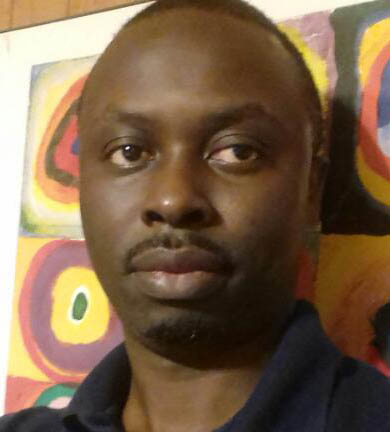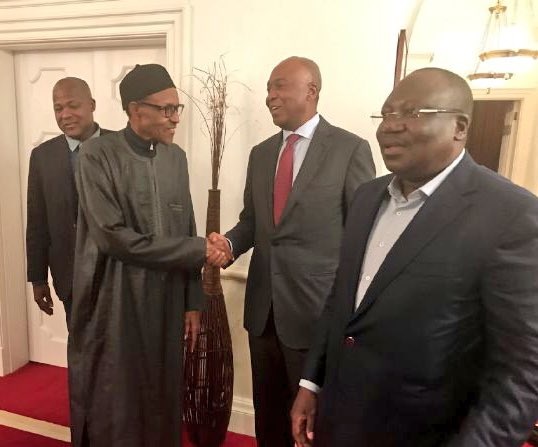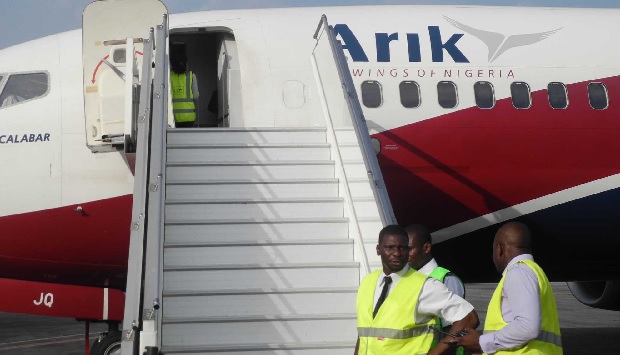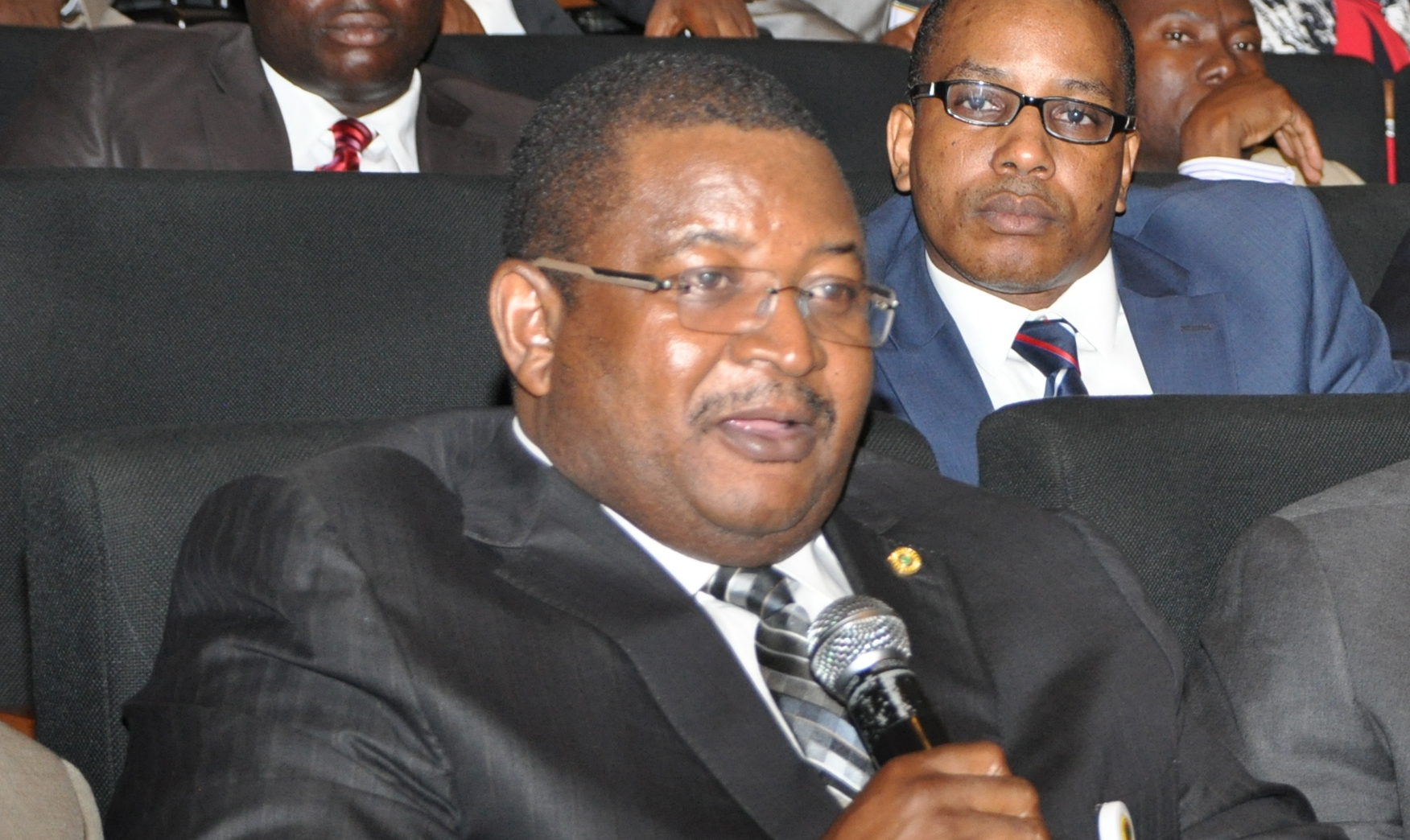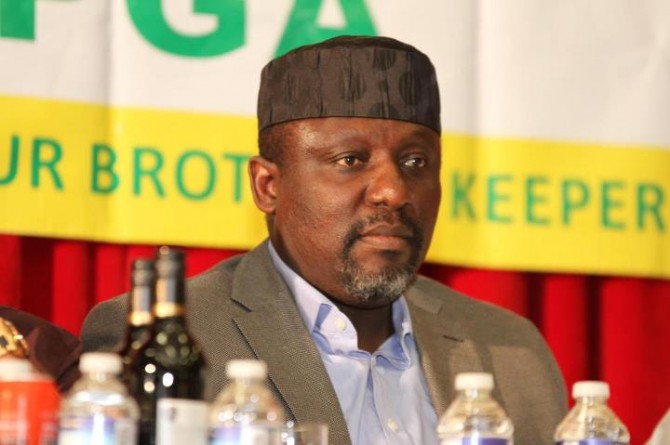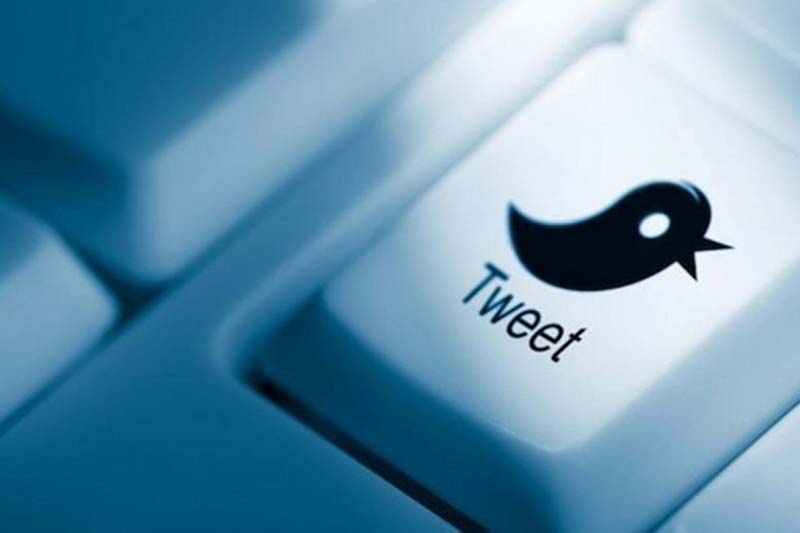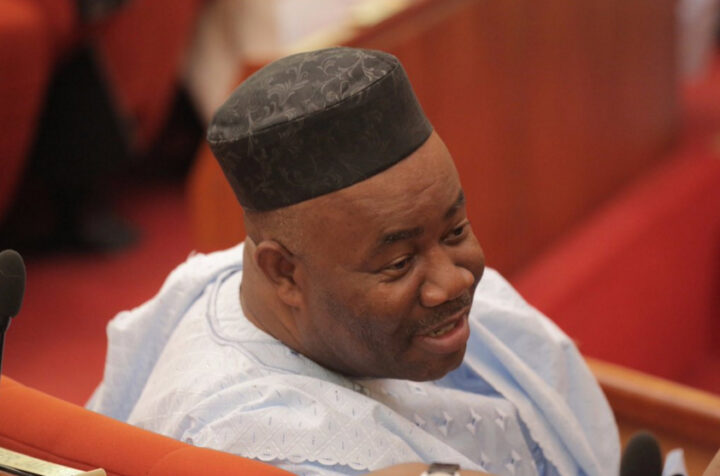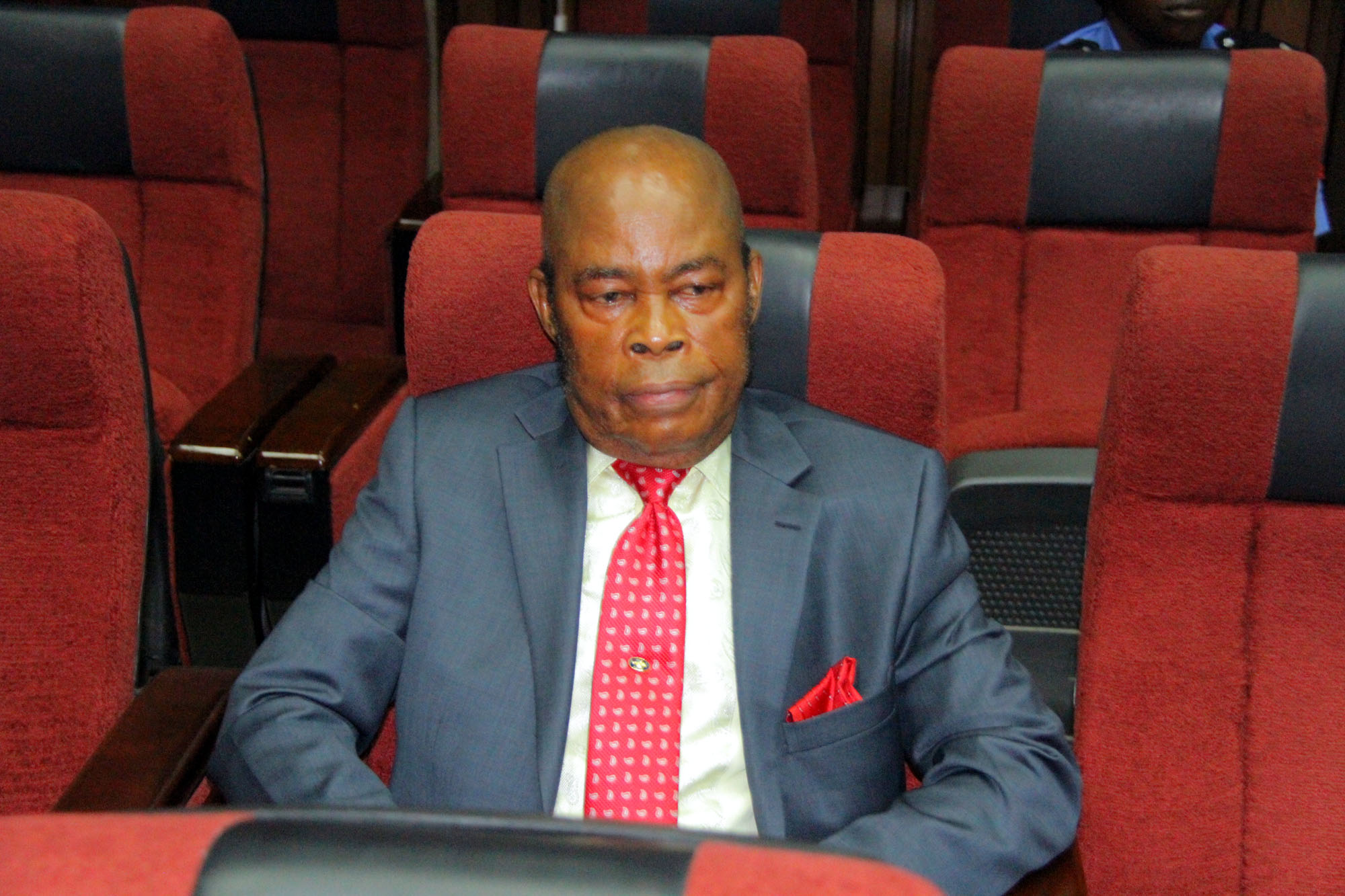President Buhari thanked the lawmakers for visiting him
Sometime as a columnist one is dispirited by outré news. That happened to me last week.
I was still struggling with the rumour of death created by opportunists who truly wished President Muhammadu Buhari dead, when the bizarre story of the former Group Managing Director of the Nigerian National Petroleum Corporation, Mr Yakubu Andrew, showed up on my phone.
Andrew carefully tucked away in the slum of Kaduna a cash “gift” of $9.8 million and £74,000. It was a whistle blown by someone that opened our eyes to it. The Economic and Financial Crimes Commission (EFCC) has now received court blessings to seize the money, albeit temporarily.
Sadly, Andrew is a son of a pastor and he also gave his life to Christ.
Advertisement
While I’m not discussing the money itself at this time as the EFCC unravels its investigation and the court comes in, the idea that one individual, a “born-again” Christian can keep “raw cash” of million dollars, where poverty is well-written all over the walls of the houses in his community is anti-Christ.
In a profile that discussed his religious and social life on his website, www.andrewyakubu.com, “he accepted Christ as his Lord and Savior in 1962 when his father was still in pastors school here. During his sojourn within and outside the country he worshiped and was a member of several church assemblies where he served majorly in hospitality work and was part of the building blocks of several church and missionary projects.”
What happened to Andrew’s spiritual life? We’ll soon know.
Advertisement
Now, let’s turn to Buhari and co. Although there’s something undeniably wrong about those wishing the president dead, the fact that Mr. President already spent nearly 30 days in London, United Kingdom, as a patient is unsettling both for his family and the country.
Like those who preceded him in office since Nigeria returned to democracy in 1999, Buhari has not been able to solve some of Nigeria’s persistent problems: epileptic power supply, prostrate health care system and poor quality education.
Though he’s assailing the band of corruption that has locked Nigeria down for many years, education has not received a dint of improvement under Buhari. That should scare us.
And despite huge amount of money in the budget for health care, Buhari, is embarrassingly spending Nigeria’s taxpayers’ money to foot his medical bill in a foreign country.
Advertisement
Buhari’s junior health minister, Dr Osagie Ehanire, calculated the cost of medical tourism to Nigeria putting it at a conservative figure of $1 billion on a yearly basis.
And while encouraging citizens to buy “made-in-Nigeria” goods, Buhari’s penchant for going to the United Kingdom for vacation and medical treatment as a sitting president exposes him as deceitful and manipulative.
Of course, that Nigeria has not fared well under any of the four presidents since 1999 remains a moot point, but the problems are not receding.
It is safe to say that there’s something common to them all: they are emergency leaders.
Advertisement
For instance, former President Olusegun Obasanjo, was brought to power as a form of “reconciliatory candidate” or consolation for the south after the death of Moshood Abiola, Nigerian businessman and philanthropist, who won a free and fair election on June 12, 1993, but was allegedly killed during incarceration by a despotic military ruler and Northerner, Sani Abacha.
It was the ethnic tension that continued to grow after Abiola died that made Obasanjo a “palliative” president. He was the only one the north could trust from the south.
Advertisement
Obasanjo was not ready to lead Nigeria at that time just as his successor, Umaru Yar’Adua, was handpicked by him, after his party, the People’s Democratic Party (PDP) couldn’t present any of its leading candidates, because of tag of corruption.
Instead of bequeathing Nigeria with strong health care system, sound education and uninterrupted power supply, Obasanjo wanted third term.
Advertisement
He left the image of a brutal president with so much high-handedness in governance that pitched him against the parliamentary arm of government—with threat of impeachment on at least two occasions.
It would be hard for citizens in Odi, a town in the Niger-Delta and Zaki-Biam and other remote villages in Benue State to forget his application of jackboot that left many civilians dead with their villages flattened. Obasanjo simply increased the data for human rights abuse in Nigeria.
Advertisement
In fairness to him, he tried to improve the economy with savings and by cutting deals with Paris club, but when calculated against the cost Nigeria bore on his globetrotting, it was a wasted opportunity to turn Nigeria around.
More than anything else, Nigerians’ discontent with Yar’Adua’s presidency and his cabals was the single reason that brought in Jonathan, another emergency leader to power.
Following the death of Yar’Adua, who spent three years as Nigeria’s president using state money to cure sickness in Saudi Arabia and Germany with no time for state functions, Jonathan came to power promising transformation.
But Jonathan upended institutions. His cluelessness made him stood for too long waiting at the door, while his aides, ministers and political associates ferried government money through the windows.
Since he left power in May 2015, tons of documents by muckrakers and Nigeria’s agencies dealing with corruption have alleged significant embezzlement of state fund during Jonathan’s regime.
For Buhari who rode to power on the strength of almagamation of opposition parties without serious blueprint to truly “change” things, sickness during the middle of his presidency does not bode well for Nigeria.
Poor power supply, poor education system, poor health care system have been the thread in Nigeria’s governance, despite promises by elected leaders and that makes the country unlucky with its choice of leaders.
Now, with 2019 upon us it is my offer that a different approach to leadership pick is necessary. Can we truly change the narrative?
Follow me on twitter:@adeolaakinremi1
Views expressed by contributors are strictly personal and not of TheCable.
Add a comment
